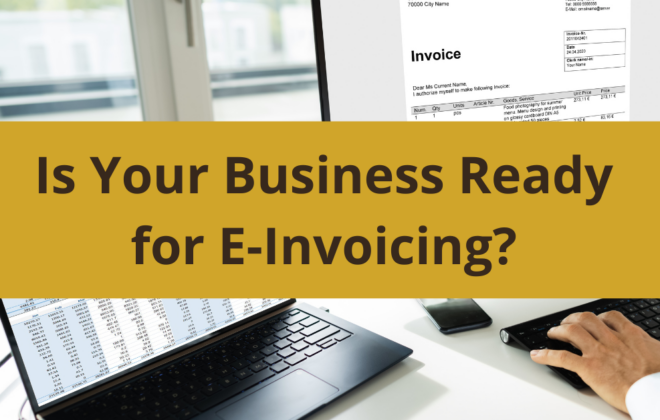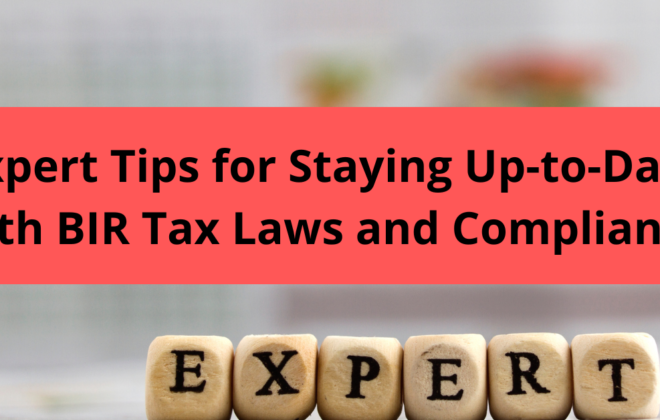Tips on How to Start a Small Business
1.Write a one-page business plan
The key to a successful small business, especially in the start up phase, is to keep things simple and costs low. Costs do not only mean monetary costs; it also means your time. To get started, create your own simple one-page business plan than is an overview of the business you want to start. The business plan should:
- Define your vision. – What will be the end result of your business?
- Define your mission. – The mission should explain the reason your company exists.
- Define your goals. – What are you going to do that will lead to the accomplishment of your mission and your vision?
- Outline your basic strategies. – How are you going to achieve the objectives you listed?
- Write a simple action plan. – List down the tasks needed to achieve the goals you listed.
2.Decide on a budget
While it is recommended that you keep your costs as low as possible, you will still need to determine a budget in order to get started. If you are financing your own business, you have to be realistic about the numbers. It is recommended that you set aside an additional 20 percent to cover for incidental expenses so that you can determine your burn rate.
The burn rate is the amount of cash you are spending month on month. It is an important number for you to figure out so that you can determine how long you can stay in business before you need to turn a profit. You should set up a business with profitability in mind the first 30 to 90 days. However, it is also important that you have additional cash set aside so that you can survive if things go leaner than expected.
3. Do the paperwork in order to start your business
During the test phase for your small business, it is recommended that your register as a sole proprietor. You have to think of a name for your business and register this with the Department of Trade and Industry, get the necessary business permits, clearances, Bureau of Internal Revenue registration, receipts and so much more. You can always transform yourself into a corporation once you have proven in the first three to six months that you have a viable and sustainable business model.
4. Take care of your finances.
Whatever business entity you decide on, keep the funds separate from your personal accounts. This is a big mistake that makes tax time and financials so confusing. Do not pay for an account or get any kind of credit lines yet. Just set up a back account where you can keep your money separated from your personal accounts.
5. Invest in a website
Regardless of whether your business will be brick-or-mortar or online, you will need a website and that means securing a URL. If you are starting an online business, you can tie your domain to an online shopping cart and store front or you can build a basic website yourself on top of your URL with do-it-yourself drag-and-drop site builders.
6. Test sales
If you are ready to start your business, you can start testing your business. Try to spread the word in inexpensive and creative ways.
If you have a service-based business, get involved with your local chamber of commerce or small business chapter immediately and ask what resources are available for you to speak, present or share information about your business. If you have a product-based business, test the viability of your product at bazaars, online or other community events to test what the public really think and if they will buy it from you.
Drive traffic to your website through simple Facebook Ads with capped budgets, or set up a simple Google Adwords account with a budget cap to test if traffic goes to yours site.
You can follow these six steps by yourself for not a lot of money. It is a good way to test the viability of your business before throwing all your time and money into an unproven idea.
Tags In
Recent Posts
- New Features and Functionalities of the Online Registration and Update System (ORUS)
- A Comprehensive Guide to Taxation for Freelancers in the Philippines
- New Tax Laws in 2024: What Changes Filipino Taxpayers Should Prepare For
- How to Avoid Common Tax Mistakes in 2024
- Tax Deductions and Benefits Often Overlooked by Filipino Taxpayers





